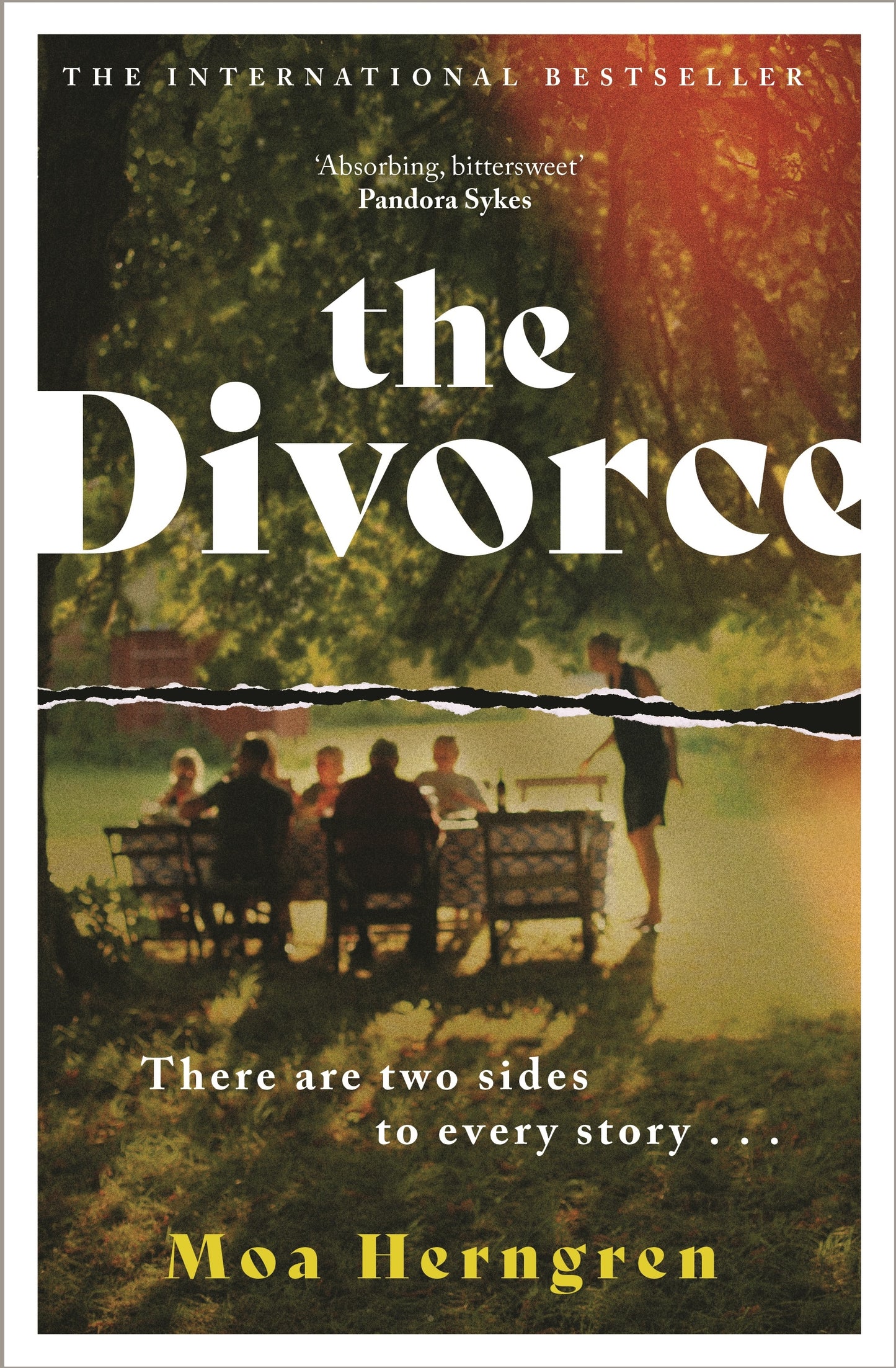Moa Herngren
The Divorce
The Divorce
Couldn't load pickup availability
Susan’s Review
Bestselling Swedish author Moa Herngren’s novel The Divorce is a great choice for bookclubs keen on a vigorous debate.
The Divorce gives us two radically different versions of a marriage: wife and mother Bea, a website designer for the Red Cross, and husband and father Niklas, a medical specialist. It begins with Bea’s story, in which she airs her grievances about her family’s domestic arrangements. It’s a familiar tale of wifely resentment about a husband shirking his duties as a parent and as an overseer of a renovation project on the family home. But this typical account of middle-class, privileged domestic inequality and the minor irritations of a thirty-year-old marriage becomes increasingly grave when Niklas refuses to come home. His unexplained absence initially makes Bea feel concerned, then suspicious, angry, and finally, desperate to win back her husband’s love.
We then switch to Niklas’ account. He represents himself as an overworked, highly stressed doctor in an underfunded medical system. He craves rest and relaxation instead of having to bend to his wife’s wishes for expensive renovations. He has three events from his past which continue to haunt him: his sense of responsibility for the death of a patient, and two secrets kept hidden from his wife: the amount of debt he has accrued to pay for her demands, and the motive for her beloved brother’s suicide. Most importantly, his developing relationship with the newly divorced Maria motivates him to live the life he longs for: a partner who listens without judging, and who encourages him to give up a job that makes him feel useless and unhappy.
The increasing marital tension between Niklas and Bea is exacerbated by their twin daughters taking sides, and by the opinions of Niklas’ extended family. But instead of making easy judgements, the novel itself asks us to consider whose account of the marriage is the ‘right’ one. Are there faults on either side? Which character deserves more of our sympathy? And, as the novel proceeds, do our sympathies shift?
While the fracturing of a middle-class marriage is a familiar subject in contemporary fiction, at the ethical heart of The Divorce lies a more profound question: what kind of life do we choose to live in the context of economic disadvantage and poverty? How can we create both nourishing personal relationships and contribute meaningfully to social progress?
A highly readable novel guaranteed to provoke animated discussion.
Publisher’s Review
A brilliant, cinematic and gripping family drama sure to cause a stir in the book clubs and living rooms everywhere, The Divorce explores the unravelling of a marriage from first the wife, then the husband's point of view, as the picture becomes more nuanced and long-held secrets are unearthed . . .
There are two sides to every story . . .
Together for more than thirty years, Bea and Niklas live a comfortable life in Stockholm. But one evening, following a trivial argument, Niklas disappears. Weeks pass before it emerges that he has met someone else. To Bea's horror, he insists they must divorce.
But is this divorce really coming out of the blue? Is the person who does the leaving always the one at fault? What emerges once you begin scratching the surface?
Share


